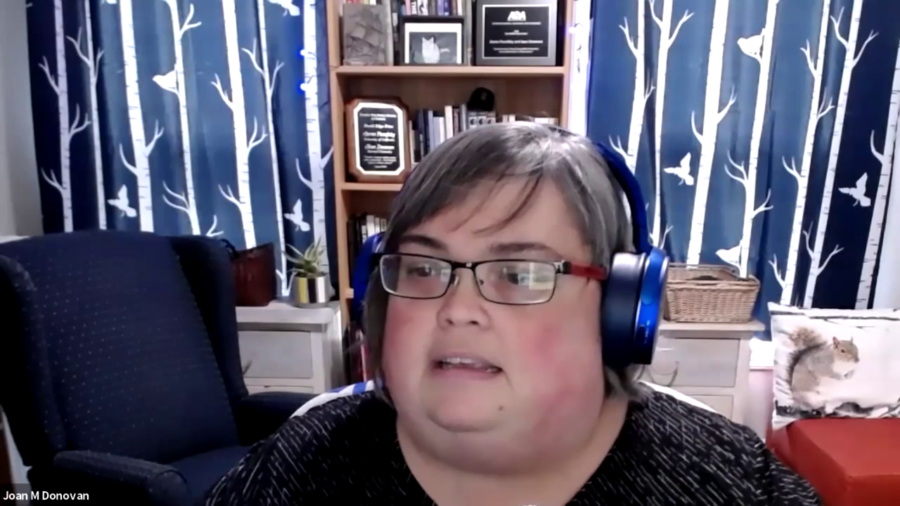Of course we’re avid, avid watchers of Tucker Carlson. But insofar as he’s like the shit filter, which is that if things make it as far as Tucker Carlson, then they probably have much more like…stuff that we can look at online. And so sometimes he’ll start talking about something and we don’t really understand where it came from and then when we go back online we can find that there’s quite a bit of discourse about “wouldn’t it be funny if people believed this about antifa.”
Archive (Page 1 of 2)
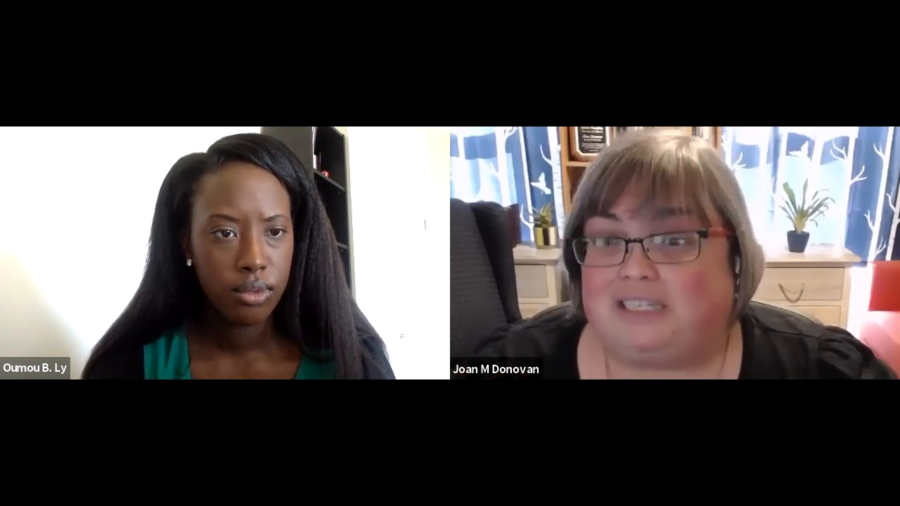
We are immersed in a hyperpartisan media ecosystem where the future of journalism is at stake, the future of social media is at stake. And right now I’m really worried that the US democracy might not survive this moment.
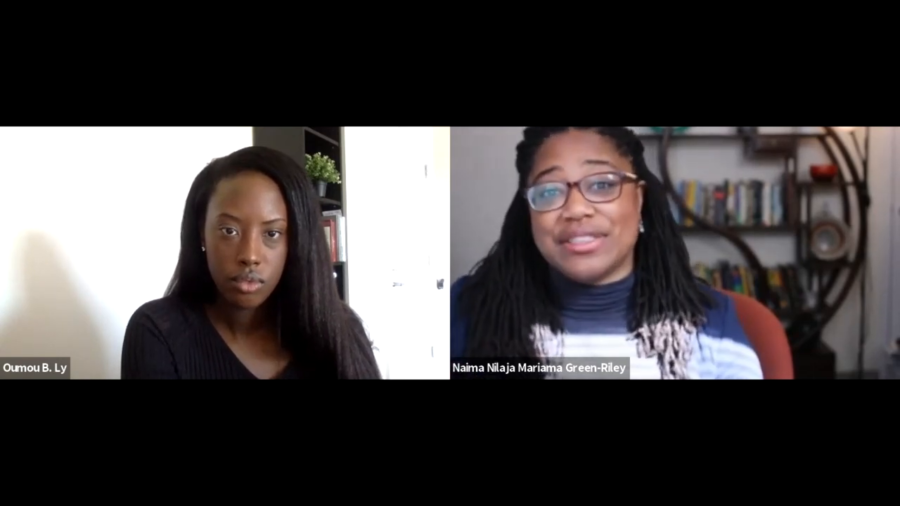
Not all dis- and misinformation is foreign, so that’s why this is such a large problem because there are many domestic actors that engage in disinformation campaigns as well. So, the narratives that we’ve seen across the space come from so many different people that sometimes it can be hard to target the the problem to one particular actor or one particular motive.
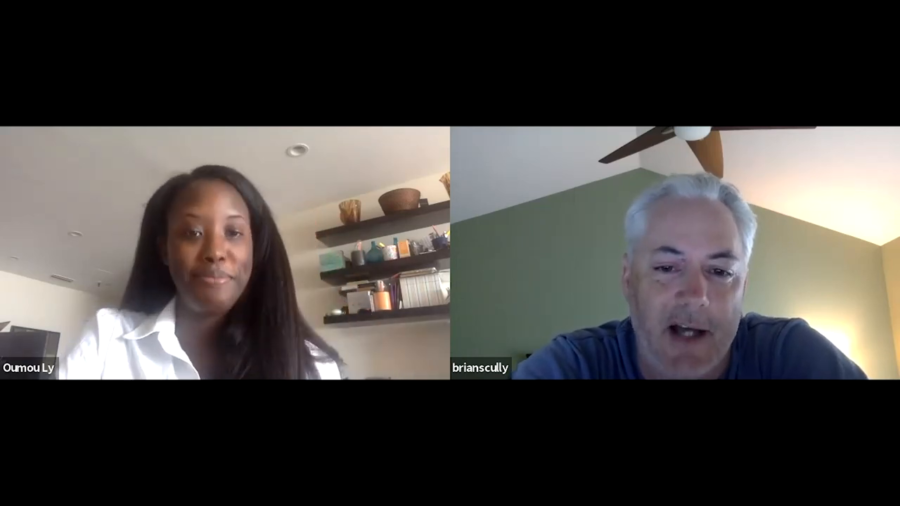
We’re focused on what we call countering foreign influence but really what we’re trying to do is build national resilience to foreign influence activities. And so for us a lot of what we do is public education and public awareness outreach to different communities, provide resources that folks can use to better understand both the risk and then ways to mitigate the risk.
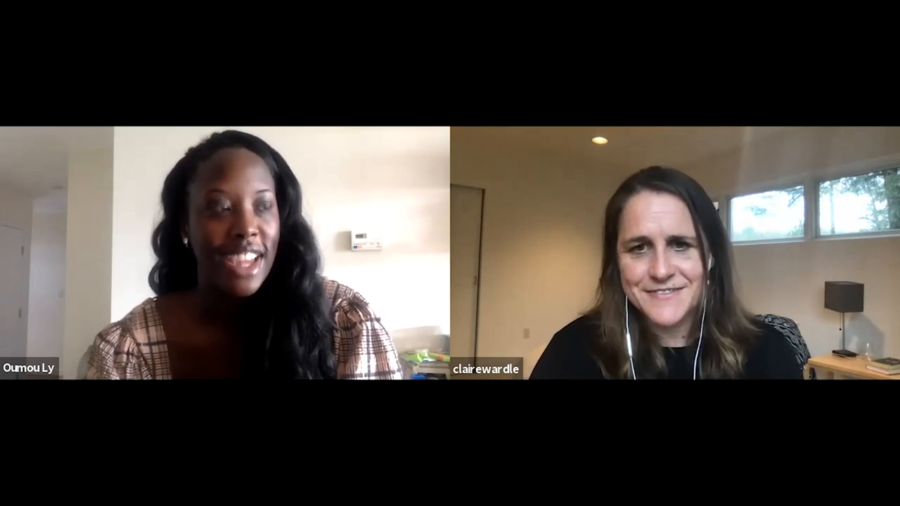
I think those of us who study and think about mis- and disinformation, it’s very tempting to study what’s in front of us. And so there’s a disproportionate focus on Twitter, because it’s the easiest to study because there’s an open API—although, caveats—and Facebook. That’s a lot of the places that we study. And similarly, that’s a lot of the places that journalists look for content and sources and stories. And so we end up kind of really just thinking about that as the “problem,” when actually we need to think about the full ecosystem.
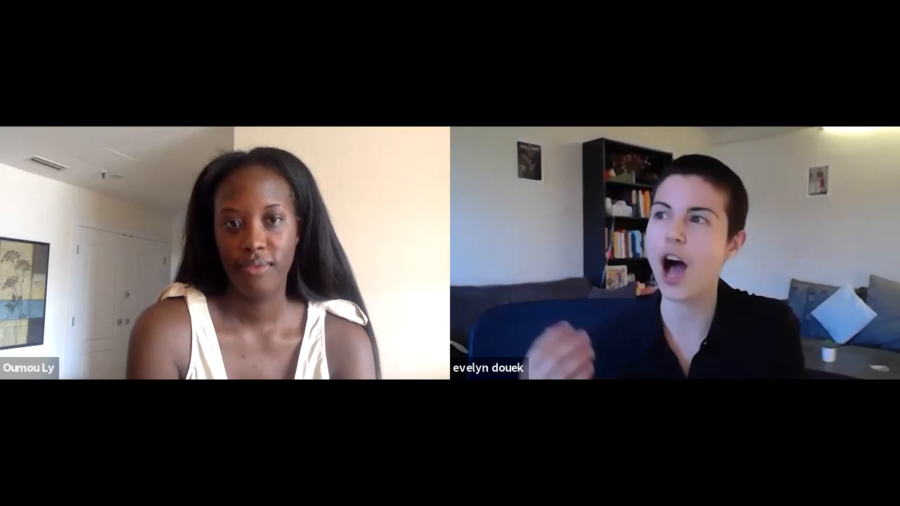
The question also does come up, you know, is there anything really new here, with these new technologies? Disinformation is as old as information. Manipulated media is as old as media. Is there something particularly harmful about this new information environment and these new technologies, these hyperrealistic false depictions, that we need to be especially worried about?
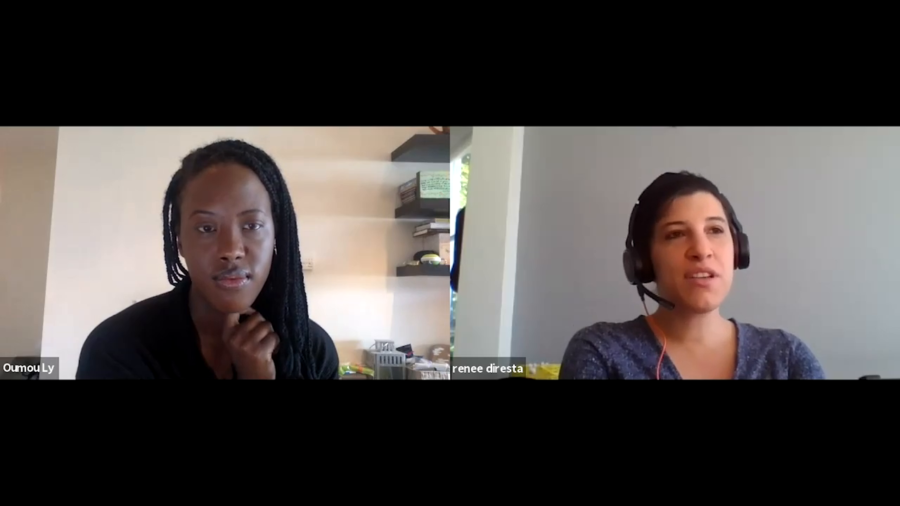
It’s been really interesting to see the entire world pay attention to one topic. This is something somewhat unprecedented. We have had outbreaks in the era of social media misinformation before. Zika in 2015, Ebola 2018, right. So there have been a range of moments in which diseases have captivated public attention. But usually they tend to stay at least somewhat geographically confined in terms of attention.
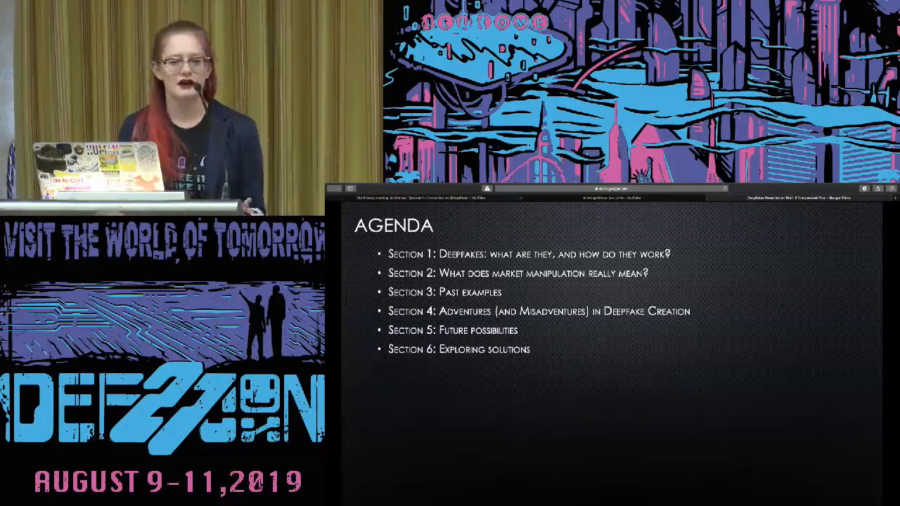
Deepfakes, even as a concept, continue to grow and develop. So we’re not seeing that just what we know now as deepfakes is where it stops. This is going to continue to develop as time goes by.
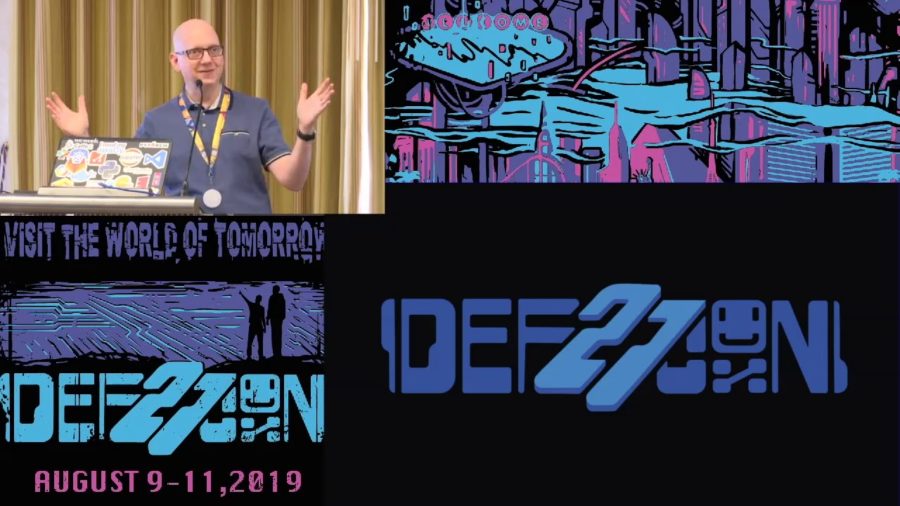
I’m pretty nervous about the 2020 elections. We’ve seen a lot of little deepfakes here and there. And I suspect it’s not going to surprise you to say that I’m worried that things are going to get far far worse and far more nuanced.
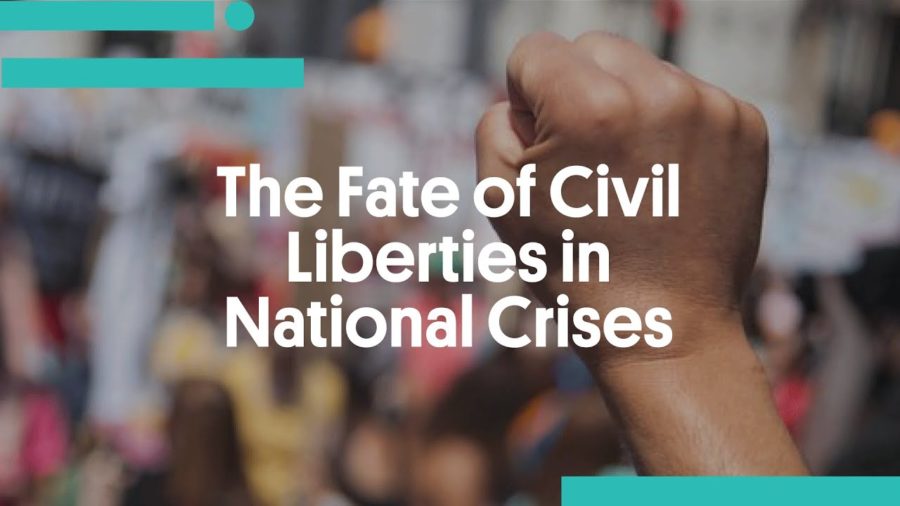
The system I would want is I would want an assurance that if some extraordinary measure has to be put in place temporarily to deal with a temporary crisis, that the word “temporary” will in fact continue to apply. And I will add that this is a moment when I really wish we had a functioning Congress.

